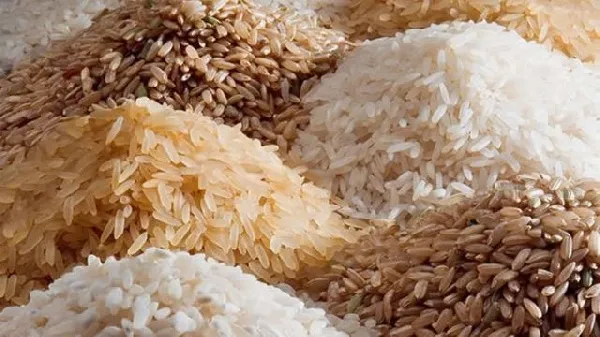Importers Raise Alara as Smugglers Tighten Grip on Ghana’s Rice and Sugar Market
Importers are sounding the alarm over what they describe as a worsening crisis in Ghana’s rice and sugar market, warning that smugglers have virtually seized control of the space due to weak enforcement and prolonged government inaction.
The Food and Beverages Association of Ghana (FABAG), in a strongly worded statement, cautioned that the scale of illegal trade has now reached “alarming and dangerous levels,” undermining legitimate businesses and draining state revenue at a time when the economy can least afford such losses.
According to the Association, the situation has been escalating for months, with massive consignments of rice and sugar allegedly entering the country through unapproved routes, particularly Aflao and Elubo—two border points it says have become hotspots for smuggling operations.
“These activities have virtually taken over the rice and sugar market in Ghana,” FABAG noted, adding that licensed importers are being pushed “to the brink” as smuggled products continue to dominate shelves and distort the market.
The group maintains that the State is losing millions of cedis in potential revenue, blaming the leakages on weak border enforcement, bureaucratic bottlenecks, and a failure by authorities to act decisively despite repeated warnings from industry players.
FABAG described the government’s posture as “negligence,” questioning who stands to benefit from the persistent lack of action. It stressed that lawful importers, who pay taxes and comply with regulatory requirements, are being left to suffer while illegal traders flourish.
A key driver of the problem, it argued, is the steep duty differential between Ghana and neighbouring countries, a gap that provides strong incentives for traders to bypass official channels.
To address the growing threat, the Association has outlined a series of urgent interventions. These include the establishment of a nationwide task force to dismantle smuggling networks, a complete overhaul of border operations, and the deployment of digital monitoring systems at critical crossing points.
FABAG further called for transparent reporting on enforcement outcomes to enhance accountability, while urging closer collaboration among the Ministry of Trade and Industry, National Security, and border management agencies. It also recommended a review of taxes and tariffs to encourage compliance and minimise the appeal of illegal trade.
The group described smuggling as a form of economic sabotage that risks collapsing the formal food import sector and adversely affecting local rice producers. It warned that continued inaction would deepen revenue losses and undermine Ghana’s broader agricultural and economic objectives.
FABAG emphasised that strong, coordinated, and transparent enforcement is urgently required to safeguard public health, protect state revenue, and secure the future of the country’s food economy. The Association pledged to continue engaging stakeholders to push for a fair, stable, and accountable trade environment.









